- 微信公眾號

政策解讀
- 微信小程序

快速擇校

政策解讀

快速擇校
The way people hold to the belief that a fun filled, painfree life equals happiness actually reduces their chances of ever attaining real happiness. If fun and pleasure are equal to happiness then pain must be equal to unhappiness. But in fact, the opposite is true: more often than not things that lead to happiness involve some pain.
As a result, many people avoid the very attempts that are the source of true happiness. They fear the pain inevitably brought by such things as marriage, raising children, professional achievement, religious commitment (承擔(dān)的業(yè)務(wù)) , self improvement.
Ask a bachelor (單身漢) why he resists marriage even though he finds dating to be less and less satisfying. If he is honest he will tell you that he is afraid of making a commitment. For commitment is in fact quite painful. The single life is filled with fun, adventure, excitement. Marriage has such moments, but they are not its most distinguishing features.
Couples with infant children are lucky to get a whole night's sleep or a three day vacation. I don't know any parent who would choose the word fun to describe raising children. But couple who decide not to have children never know the joys of watching a child grow up or of playing with a grandchild.
Understanding and accepting that true happiness has nothing to do with fun is one of the most liberating realizations. It liberates time: now we can devote more hours to activities that can genuinely increase our happiness. It liberates money: buying that new car or those fancy clothes that will do nothing to increase our happiness now seems pointless. And it liberates us from envy: we now understand that all those who are always having so much fun actually may not be happy at all.
1. According to the author, a bachelor resists marriage chiefly because .
A. he is reluctant to take on family responsibilities
B. he believes that life will be more cheerful if he remains single
C. he finds more fun in dating than in marriage
D. he fears it will put an end to all his fun adventure and excitement
2. Raising children, in the author's opinion, is .
A. a moral duty
B. a thankless job
C. a rewarding task
D. a source of inevitable pain
3. From the last paragraph, we learn that envy sometimes stems from .
A. hatred
B. misunderstanding
C. prejudice
D. ignorance
4. To understand what true happiness is one must .
A. have as much run as possible during one's lifetime
B. make every effort to liberate oneself from pain
C. put up with pain under all circumstances
D. be able to distinguish happiness from fun
5. What is the author trying to tell us?
A. Happiness often goes hand in hand with pain.
B. One must know how to attain happiness.
C. It is important to make commitments.
D. It is pain that leads to happiness.
參考答案:A C B D A
特別聲明:①凡本網(wǎng)注明稿件來源為"原創(chuàng)"的,轉(zhuǎn)載必須注明"稿件來源:育路網(wǎng)",違者將依法追究責(zé)任;
②部分稿件來源于網(wǎng)絡(luò),如有侵權(quán),請聯(lián)系我們溝通解決。
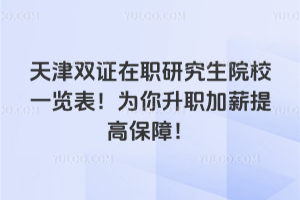
天津雙證在職研究生院校有河北工業(yè)大學(xué)、天津大學(xué)等。雙證指非全日制研究生,需參加全國統(tǒng)考,每年10月報(bào)名,過國家線有機(jī)會錄取,畢業(yè)獲學(xué)歷證與學(xué)位證,學(xué)信網(wǎng)可查,認(rèn)...
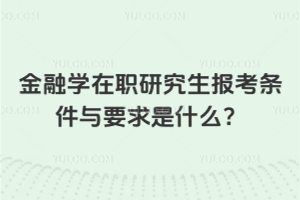
金融學(xué)在職研究生報(bào)考,非全日制方式要求本科畢業(yè)或?qū)?飘厴I(yè)滿2年,初試與全日制考試科目相同;同等學(xué)力申碩方式,大專及以上學(xué)歷可報(bào)名課程學(xué)習(xí),本科有學(xué)位滿3年可申碩...
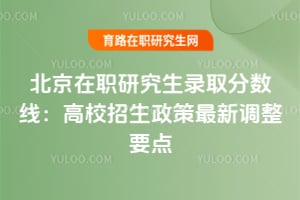
北京在職研究生錄取分?jǐn)?shù)線迎來新變化,高校招生政策調(diào)整直接影響錄取機(jī)制。新政策聚焦分?jǐn)?shù)線設(shè)定標(biāo)準(zhǔn)、專業(yè)招生比例優(yōu)化等核心要素,旨在提升教育質(zhì)量。這些變動對在職考生...

在職醫(yī)生報(bào)考醫(yī)學(xué)在職研究生常面臨工作與學(xué)習(xí)平衡的挑戰(zhàn)。本文提供全面攻略,詳細(xì)解析報(bào)名流程、資格審核和考試準(zhǔn)備策略,包括高效復(fù)習(xí)方法和時(shí)間管理技巧。注意事項(xiàng)部分強(qiáng)...
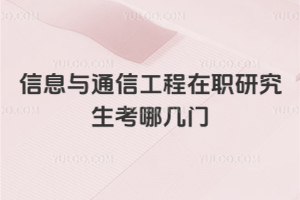
信息與通信工程在職研究生若通過同等學(xué)力申碩方式,入學(xué)無需考試。申碩階段考試一般考外語(如英語、法語等)和專業(yè)課(涵蓋信號與系統(tǒng)、通信原理等)。考試通過標(biāo)準(zhǔn)為及格...
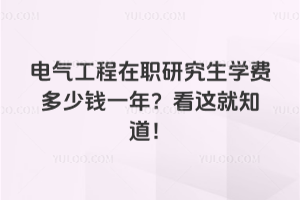
電氣工程在職研究生若通過同等學(xué)力申碩方式,學(xué)費(fèi)一年在1.4萬-1.79萬元左右(學(xué)制多為2年)。如華北電力大學(xué)學(xué)費(fèi)3萬元,平均一年1.5萬元;河北工業(yè)大學(xué)學(xué)費(fèi)2...
在職研究生
入學(xué)考試
在職研究生
有用嗎
在職研究生
如何報(bào)考
在職研究生
報(bào)考流程
在職研究生
報(bào)名條件
在職研究生
學(xué)費(fèi)一覽表
在職研究生
考哪些科目
在職研究生
怎么報(bào)名
在職研究生
一年考幾次
評論0
“無需登錄,可直接評論...”